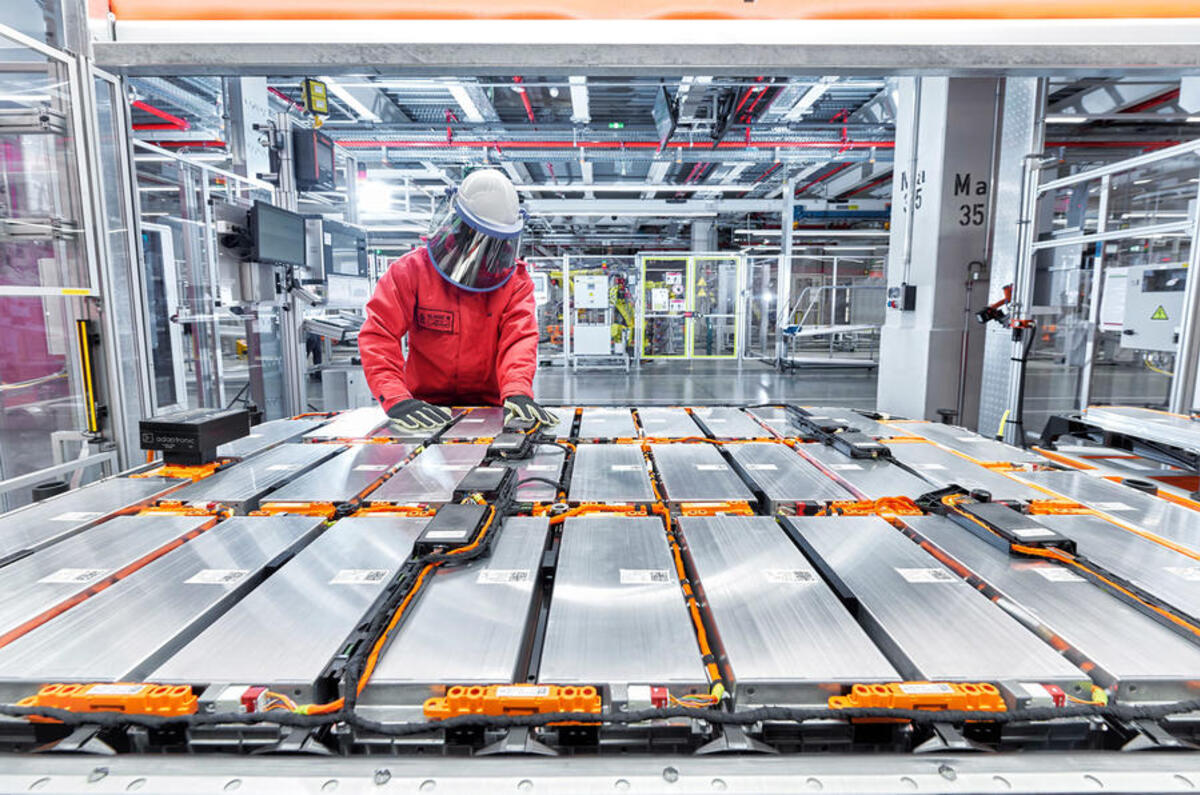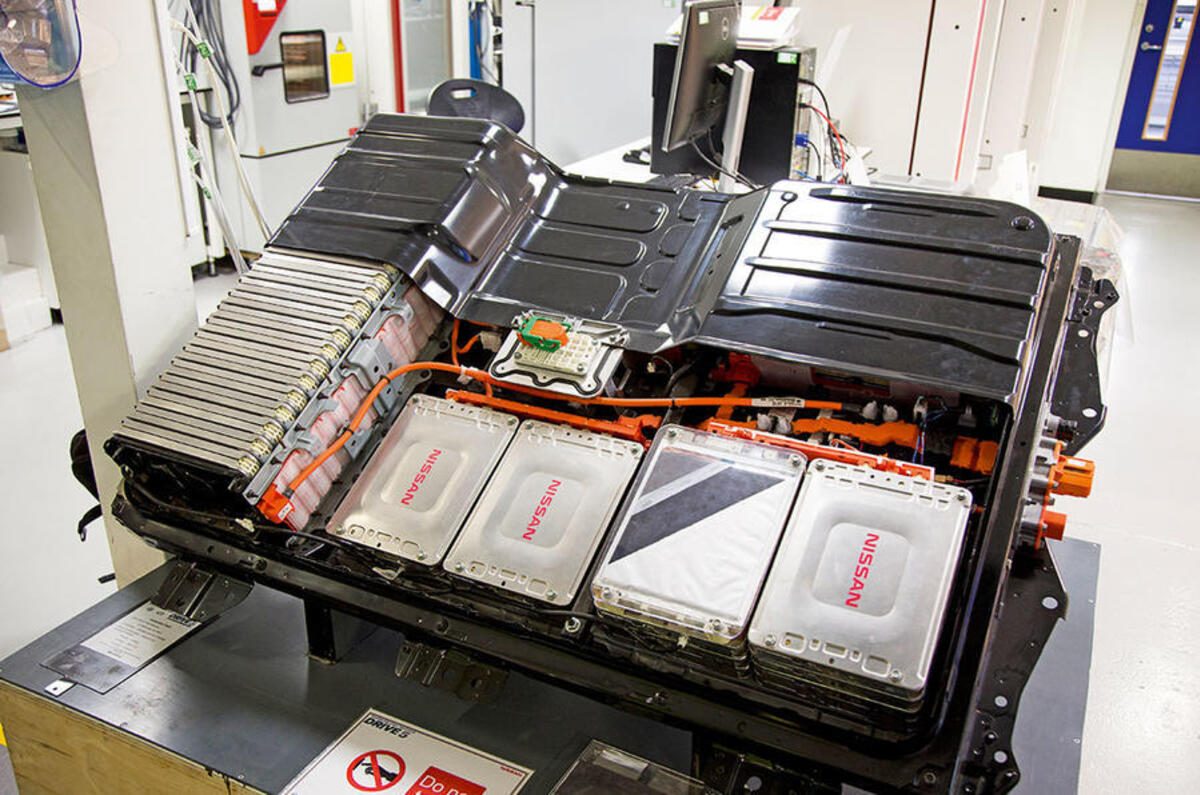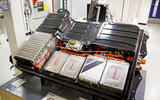A key player in the future of UK battery production has pulled out of the industry and its chief executive has announced his departure.
Johnson Matthey, British speciality chemicals and sustainable technologies firm, suggested the potential returns from its battery materials business “would not be adequate to justify further investment”, with alternative technologies such as hydrogen and decarbonisation targeted instead.
“We have concluded that we will not achieve the returns necessary to justify further investment… This decision will allow us to accelerate our investment and focus on more attractive growth areas, especially where we have leadership positions such as in hydrogen technologies, circularity and the decarbonisation of the chemicals value chain,” the firm said.
Johnson Matthey’s decision to pull out of the industry will put 400 research and testing jobs at risk, reports the Telegraph. The firm entered the battery industry by developing patented lithium nickel oxide (eLNO) for vehicle battery manufacturers and has lost 19% off its share price as a result of the announcement.
Most of the company’s funds come from producing catalytic converters for petrol and diesel cars. The firm suggested it was too far behind more established battery developers, with LG Chem in South Korea, CATL in China and Umimore in Belgium already producing batteries on a mass scale.
“While the testing of our eLNO battery materials with customers is going well, the marketplace is rapidly evolving with increasing commoditisation and lower returns… We have concluded that we will not achieve the returns necessary to justify further investment,” said chief executive Ron MacLeod, who will leave his position after eight years in the role.
The company had significant partnerships within the battery industry, having originally partnered with technology firm Echion, University College London and British Volt, which is due to start battery manufacturing in 2023.







Join the debate
Add your comment
Well, that's.....? Business, isn't it?